Clean World Partners anaerobic digestion system
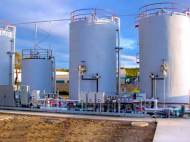 Ruihong Zhang, a UC Davis professor of biological and agricultural engineering, has been working on her anaerobic digester technology for the past decade, bringing it from the laboratory to the pilot stage in 2006, and finally introducing it as first commercially available, high-solid anaerobic digestion system that is being commercialized by a Sacramento-based startup named Clean World Partners.
Ruihong Zhang, a UC Davis professor of biological and agricultural engineering, has been working on her anaerobic digester technology for the past decade, bringing it from the laboratory to the pilot stage in 2006, and finally introducing it as first commercially available, high-solid anaerobic digestion system that is being commercialized by a Sacramento-based startup named Clean World Partners.
Anaerobic digestion relies on bacteria to break down biodegradable waste material in the absence of oxygen. Zhang’s high-rate digester technology can convert both liquid and solid waste, including food waste, yard waste, plant residues, paper and cardboard. It turns that waste into renewable energy, compost, water, and natural fertilizer.
Zhang’s system also turns waste into energy in half the time of other digesters and produces more gas that can be turned into clean energy. These efficiency improvements are expected to drive down cost and maximize the amount of energy produced and the volume of waste diverted from the landfill. Unlike currently existing wet AD technologies, the new digesters can process organic solid waste with up to 50% solid content without adding water.
The system can be located at client facilities and easily sized to match a variety of urban, industrial and agricultural needs. Since many components of the system can be prefabricated, the time needed to build these systems is significantly reduced. For example, the Clean World Partners system at ARP went from bare ground to energy production within 90 days and cost about $2 million to $3 million.
The Clean World Partners anaerobic digestion system is located at the American River Packaging (ARP) Sacramento headquarters. The system is capable to convert a total of 8 tons of waste per day. That waste will include 7.5 tons of food waste from regional food producers and 0.5 tons of non-recyclable corrugated material from ARP.
The system will generate roughly 1,300 kWh of renewable energy per day, meeting about 37% of ARP’s electricity needs and preventing an estimated 2,900 tons of waste from entering landfills each year, while producing approximately 1,000 tons of organic soil amendments.
“Ruihong’s contributions continue to be critical to our success as a key adviser”, said Michele Wong, Clean World Partners CEO and UC Davis alumna. “We are proud to work with UC Davis and Ruihong to commercialize these technologies.”
Clean World Partners plan to open a second waste conversion facility using Zhang’s technology at Sacramento County’s south area transfer station in June. They also plan to build a full-scale biodigester in UC Davis campus where the pilot plant of the anaerobic digestion facility was developed and tested.

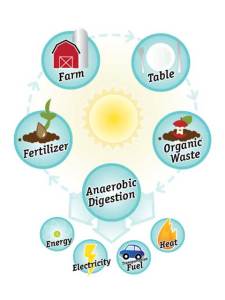

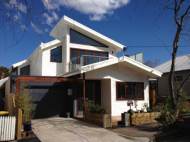
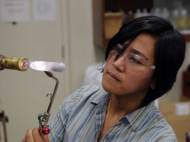
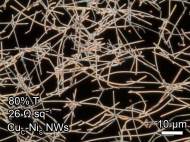
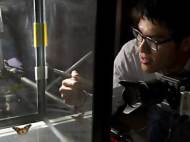
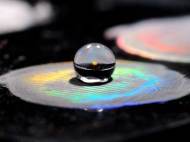
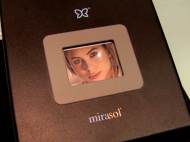
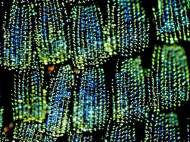
Leave your response!